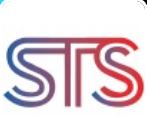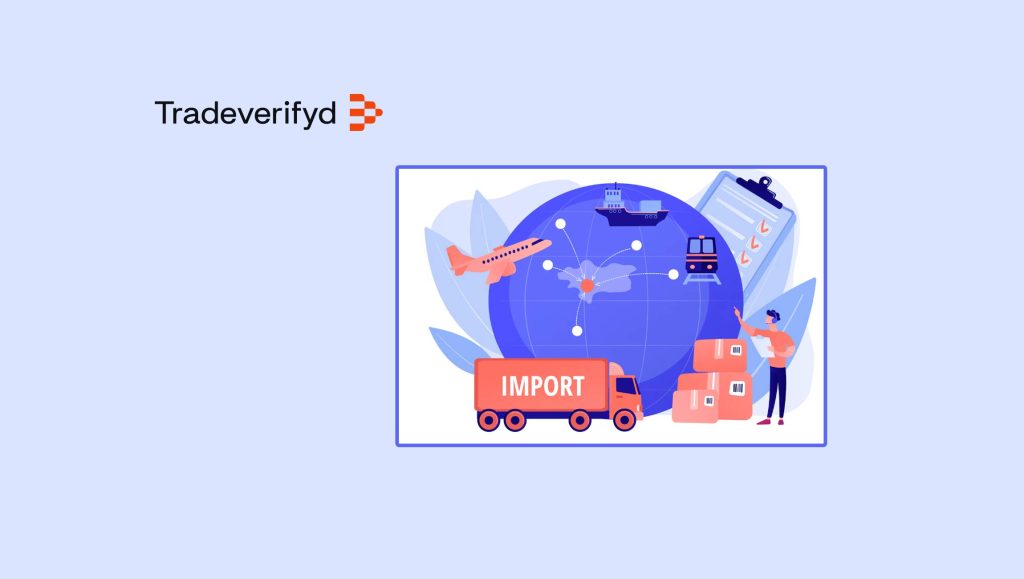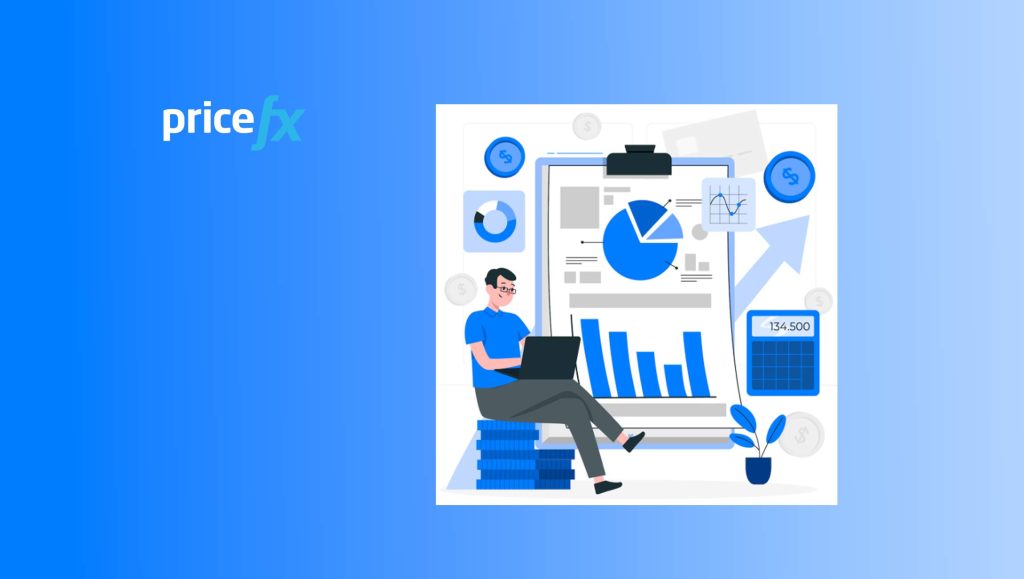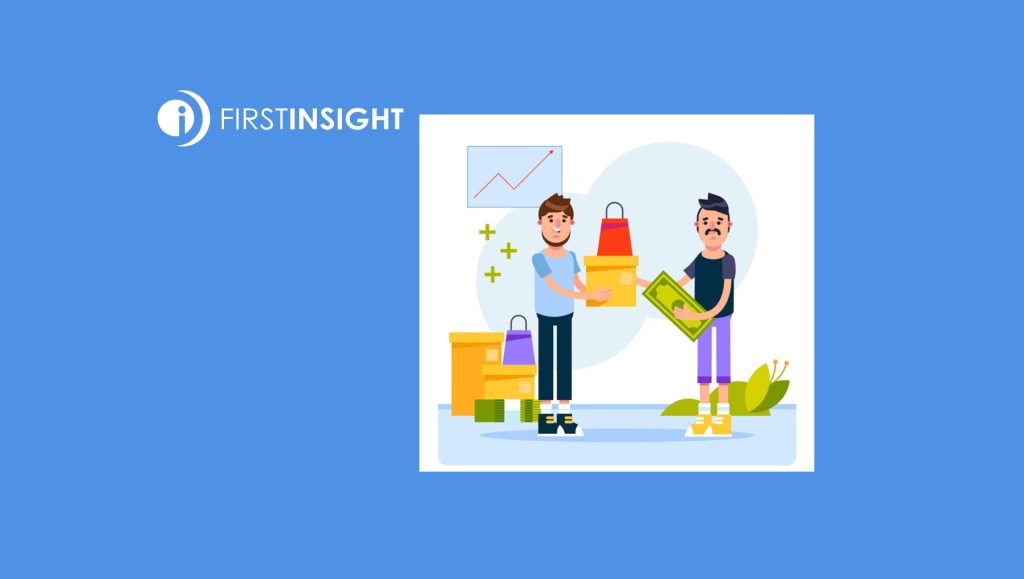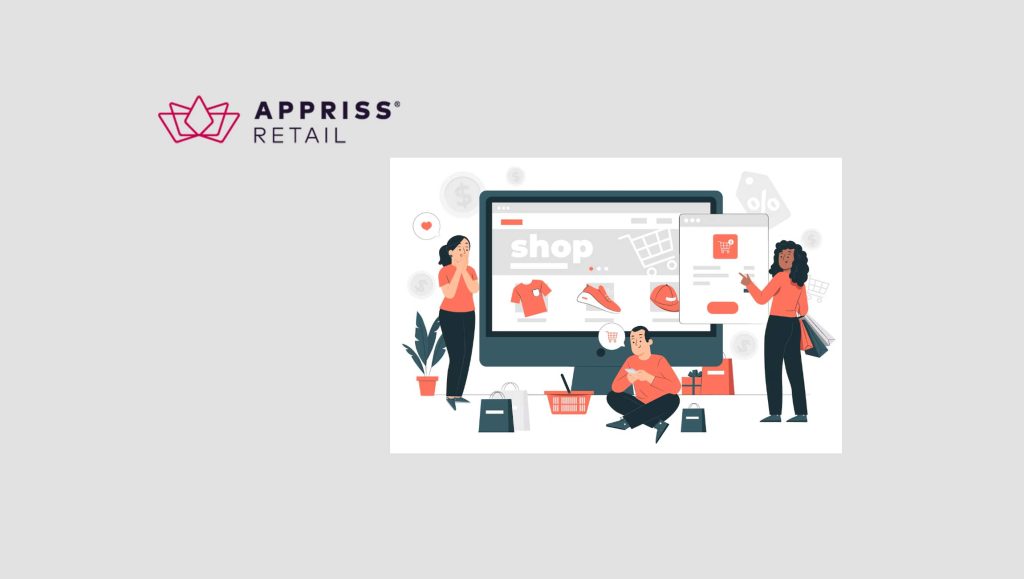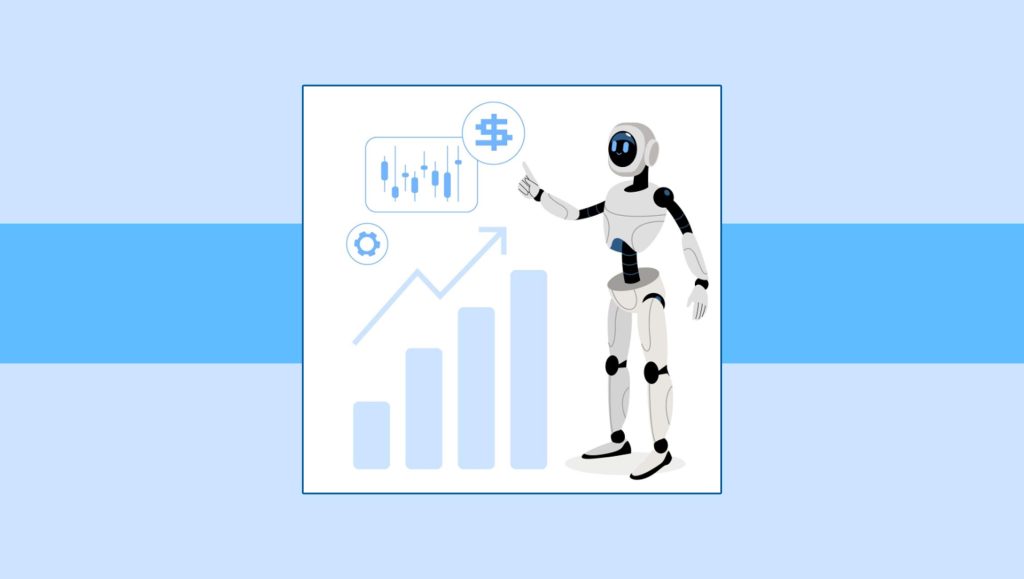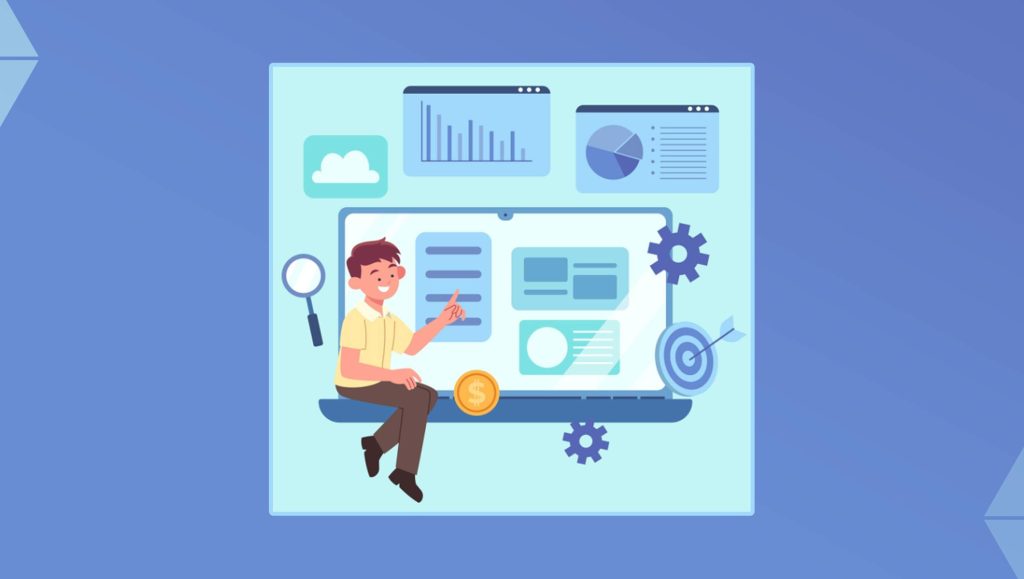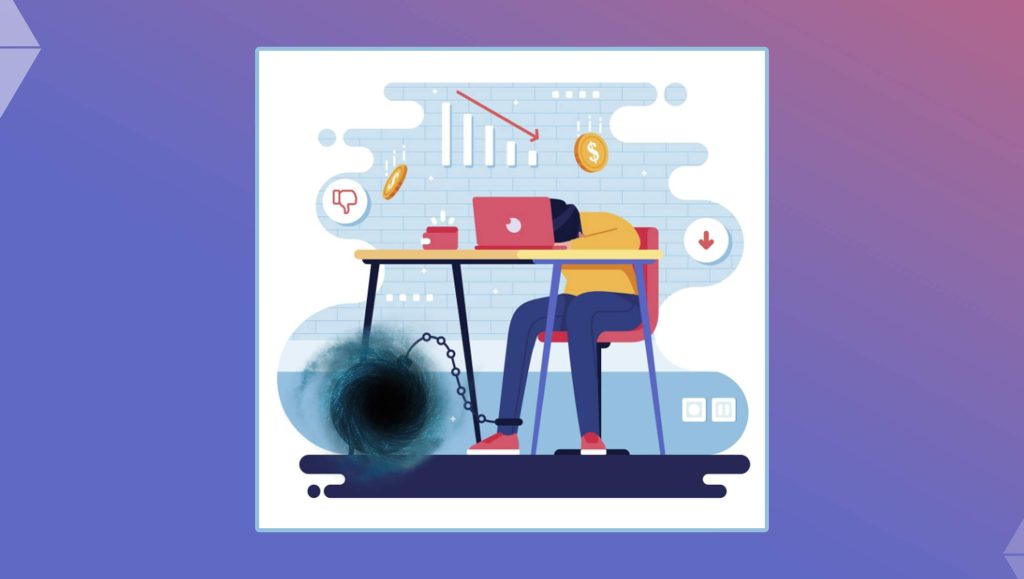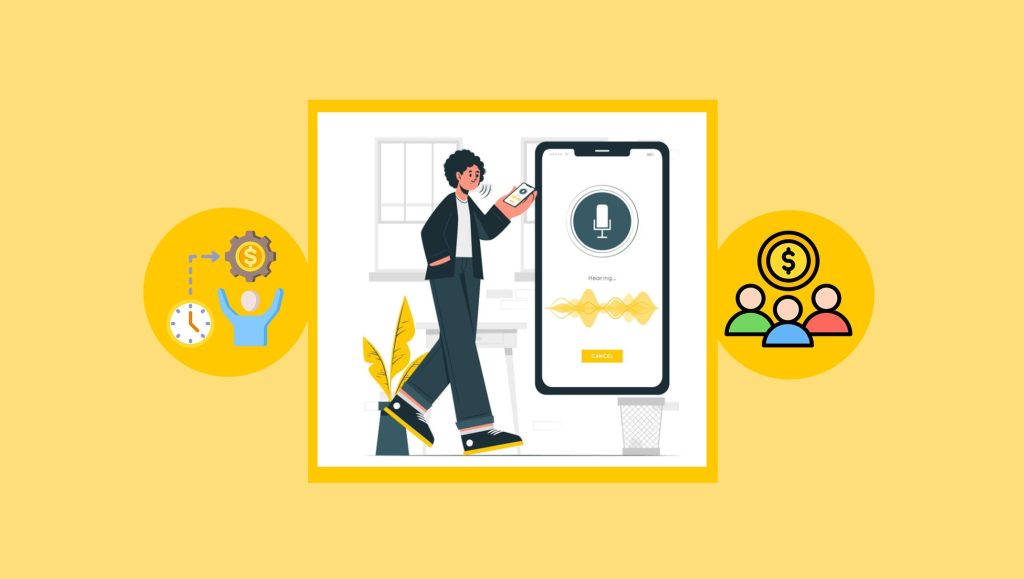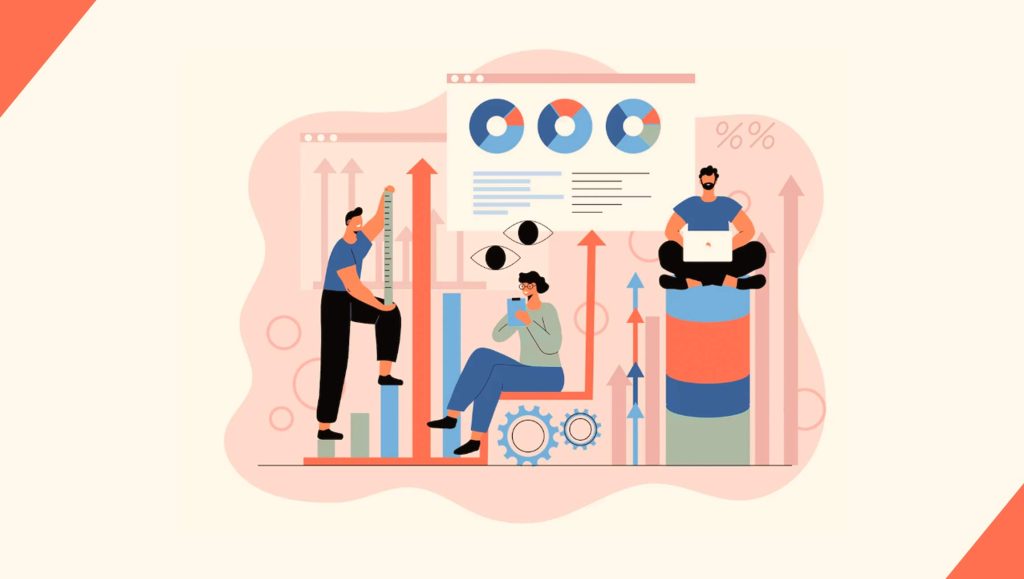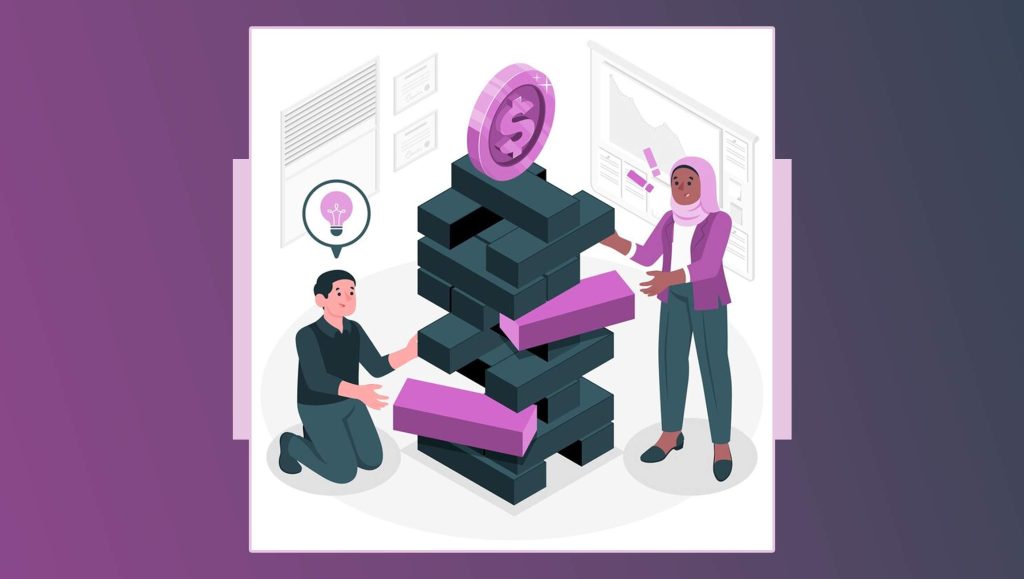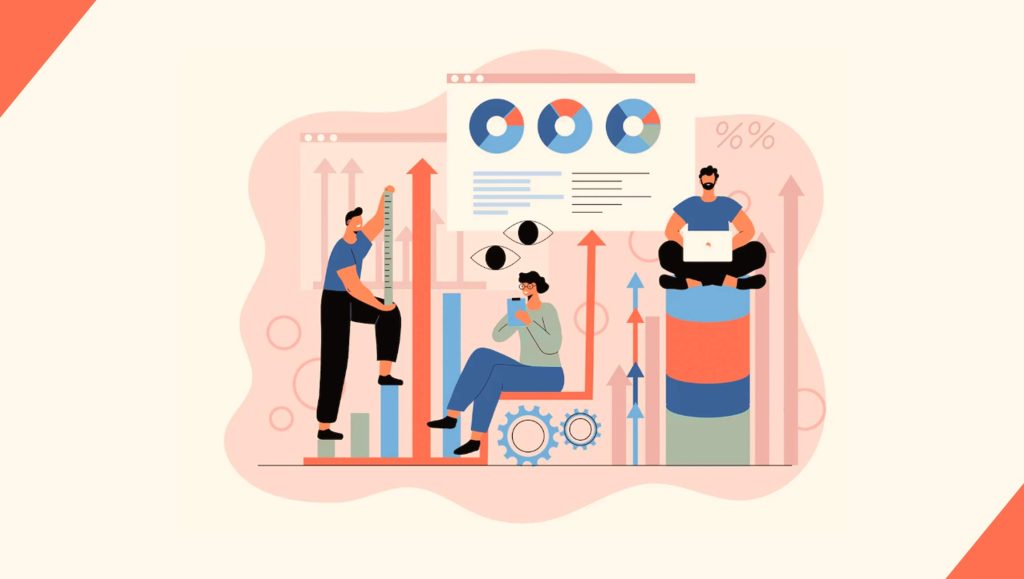The B2B landscape is undergoing a radical change. After the advent of AI and other advanced technologies, we have observed a shift from the traditional methods, and new tools are reshaping the way businesses approach sales. The rise of SalesTech has made a commendable feat in supporting complex and modern B2B buying journeys.
SalesTech is an umbrella term that consists of all the tools designed to automate, optimize, and streamline the sales process. While SalesTech is a powerful enabler of insight, efficiency, and growth, not all the tools are useful in supporting the modern B2B buying journey.
In the following section, we will see the type of sales tech that plays an instrumental role in understanding and supporting the journey of modern B2B buyers.
SalesTech to support complex B2B buying journeys
To ensure a smooth and hassle-free journey for a B2B buyer, every sales team will need tools like CRM, account-based marketing tools, sales intelligence platforms, buyer intent data platforms, content personalization tools, and email automation software, etc. The idea is to tap into the nuances of a buyer’s journey and ensure that he or she completes the journey, crossing all the breakers smoothly.
Here are the functionalities to look for in a salestech stack:
Lead generation and qualification
You need high-performing salestech tools that guide us through buyers’ journeys, leading to enhanced lead generation and qualification. Use tools that help identify potential customers with relevant demographics and buying intent through data analysis and targeted outreach.
Account-based selling
Bring in salestech tools that help target each of your customers on a profile basis. These tools enable you to focus on high-value accounts by recognizing key decision-makers and customizing communication strategies based on their specific needs.
Tailored content delivery
B2B consumers are different and carry unique perspectives. A generalized communication never works for them, and thus, use salestech tools that help deliver tailored content. It is time to invest in tools that create dynamic content on the basis of individual buyer profiles and their stage in the buying journey.
Real-time insights
Salestech tools that keep offering live insights on the current behavior of consumers will rule the future of B2B sales. These tools monitor consumer behavior by tracking their live activities on websites, social media, and other consumer touchpoints.
Read More: SalesTechStar Interview with Hayden Stafford, President & Chief Revenue Officer at Seismic
SalesTech that every sales team needs in 2025 CRM Systems—HubSpot and Salesforce
Whether a small business or a large enterprise, both will vouch for these versatile CRM systems. From tracking every customer interaction to managing the sales pipeline and offering a unified view of every buyer, HubSpot and Salesforce steal the show.
Sales intelligence platforms—Cognism and Clearbit (now acquired)
Investing in a sales intelligence platform is a secret to sales success. Do you know sales teams spend 20% of their time researching prospects? But even after spending so much time, the chance of collecting bad data about prospects is high. Tools like Cognism and Clearbit solve this problem. Both of these tools come with in-built GDPR-compliant phone numbers and emails of prospects you may want to do business with.
Email automation tools—Mailchimp and Marketo
Email marketing is slow, but marketers and sales leaders consider emails as one of the leading methods to connect with their audience. Whether it is about drip emails or interactive emails for better engagement, Mailchimp and Marketo are two email automation tools we can vouch for. These tools help you send targeted email campaigns based on buyer personas and engagement levels.
Content personalization platforms—Acoustic and Persado
Do more than half of the B2B buyers purchase by gathering information about the product themselves? They do not need a sales rep to explain anything to them about the product or service; what they need is fruitful information in the form of blogs, articles, PR, and others. To ensure that your buyers receive tailored content at various levels in their funnel, you can trust Acoustic and Persado for the same. These tools also help you tailor content dynamically in website copy, emails, and other marketing materials as per the preferences of individual buyers.
Wrapping Up
B2B buyers are difficult to manage and persuade. From data collection to prospecting, lead nurturing, qualification, content management, and conversion, every step must be designed mindfully. The smoother the buying journey, the more likely that buyers will complete their purchase.
Read More: How Have Investment Patterns in SalesTech Changed in 2025?

